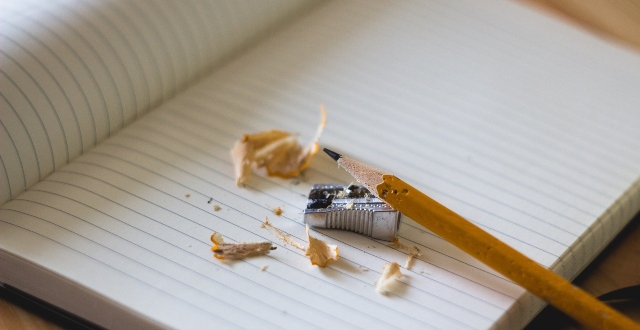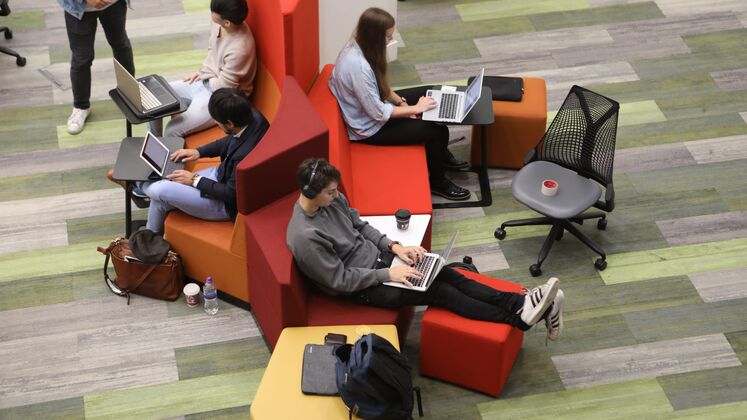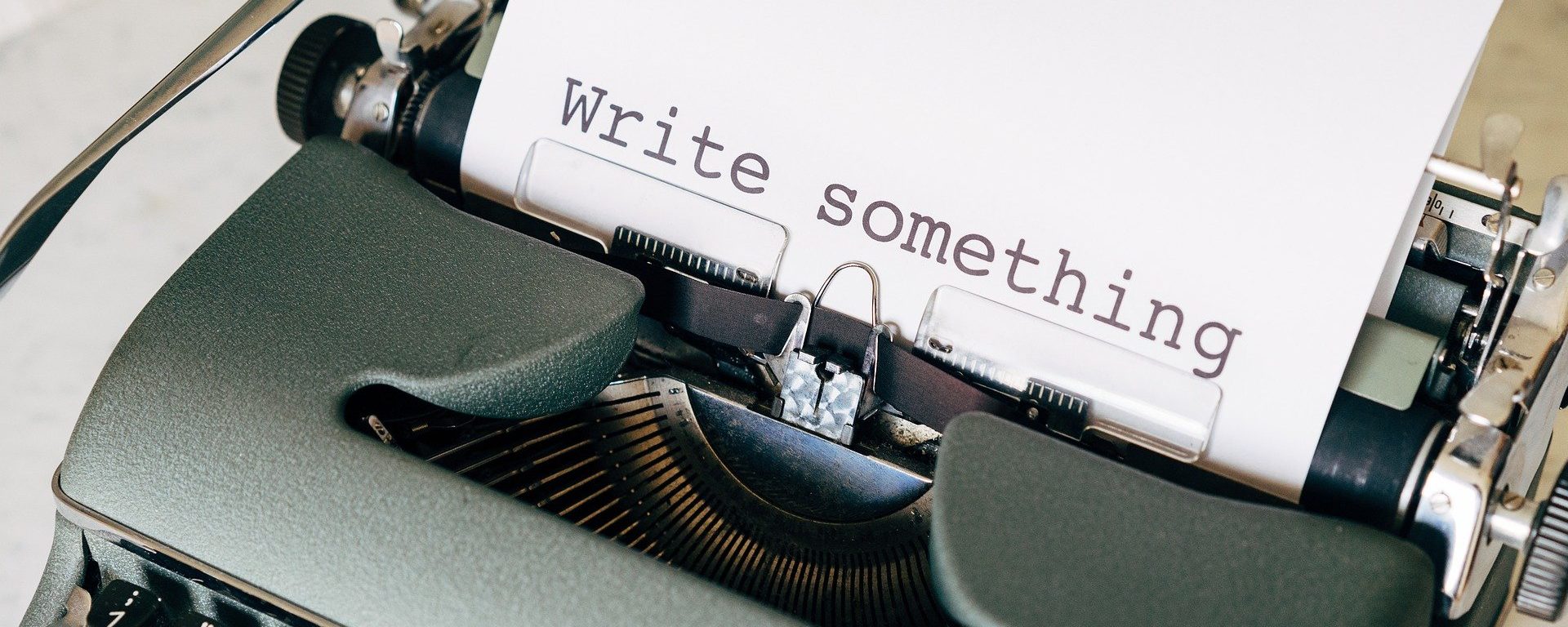Undergraduate, Master’s, or PhD students at LSE come from a range of backgrounds. You might be young and single, or older with a family. Regardless of your level or your maturity, you will have one thing in common with all other students.
You will be busy.

Between course work, part-time or full-time employment, social and familial obligations, things will stack up and it will sometimes feel like you are buried under an avalanche of to-do list. Is there no hope then? Of course, you may have your own approach to your workload, but in this post, I want to share a few tips that have helped me maximize my own productivity.
First a bit about me. I am a mature PhD student with two small children who moved to the UK last year after ten years working in DC. In addition to my course work, I publish regularly with several news magazines, and occasionally consult with DC think tanks. On top of that of course I have my academics. This term I am writing two conference papers, a book review, and of course, I have to continue to make progress on my dissertation research. Despite the heavy workload, I feel balanced and content.
These are my suggestions to maximize your productivity and minimize your stress. Feel free to take them as general guidelines rather than gospel because as I said we all have different lives, stressors, and expectations so each of us needs to find our own way.
1. Manage your stress
First and foremost we have to acknowledge the elephant in the room. His name is stress and we’re all affected by it. As busy people, we tend to let our stress pile up rather than address it. This is exactly the wrong approach. We need to acknowledge our stress and work toward ways to mitigate it.
For me, the first step is accepting it’s there, and then thinking about how to reduce it. One aspect I find helps is built-in breaks. Say you’re writing a paper and you’ve been at it for two hours. Regardless of how much progress you’ve made take an hour off. Set a timer on your phone and go do something you enjoy. Go for a walk in the park, read a fun book, or if you’re like me indulge in an hour of computer strategy games or Lego building with my son.
When the timer goes off get back to the paper. You might find you’re more productive and less stressed. Some evidence suggests our brains continue to work on problems subconsciously while our conscious mind is occupied. More than once taking an hour or two off has led me to a breakthrough on a project.
2. Prioritize
Deadlines might seem like a looming date of execution, but actually they are your friend. When you get a new assignment or project put the deadline in your diary and do an assessment of how difficult the assignment is and how long it will take you. Do easier assignments first and try to finish them well ahead of schedule. You will find that not only does this lessen your overall workload it creates a positive snowball effect. You will feel good about finishing an assignment and this will encourage you to tackle the next more difficult project. Normally this should also allow you to do a higher quality of work as you will be able to take your time and not scrambling.
3. Worker smarter not harder
Let’s be honest, procrastination is the enemy. No one likes to do work. For a variety of reasons fear of failure, fatigue, or general apathy. That’s understandable and normal and the best way to overcome it is to set achievable goals.
Start a project as soon as possible even if it’s only for the sake of starting it. When I have an article I generally sit down and write out an initial thesis and introduction. Usually, it goes in the trash folder but it’s helpful in gathering my thoughts and letting me mentally prepare for the assignment.
One piece of advice I received early in my PhD is to try to write 500 words a day or read 20 pages. If you do this at least you will feel like you accomplished something each day. Keep moving forward and if you feel like you are making progress chances are you actually will be making progress.
4. Rest and be kind to yourself
Finally, there is the most important aspect of maximizing productivity. Be kind to yourself.
Beyond stress management, you need to have a positive mindset that will let you focus on what’s ahead rather than second-guessing yourself. A big part of this is paying attention to your mental health. Find a support network in family, fellow students, or a mentor. Don’t hesitate to talk about your feelings and reach out when you need to. Many times simply sharing my stress or anxiety with my colleagues who were experiencing the same thing lessened my anxiety greatly.
Also, take time to make an inventory of what you have accomplished. You’re at LSE, one of the best schools in the world. You worked hard to get here you should take a moment to pause and be proud. If you do find yourself struggling through don’t hesitate to reach out to faculty or LSE support services. Ask for extensions if you need them to explain your situation and be honest with yourself about what is reasonable. Finally when the holidays come rest and enjoy the company of friends and family.





